Rwanda’s Innovative Approach to Tackling Plastic Pollution Through Recycling and Construction
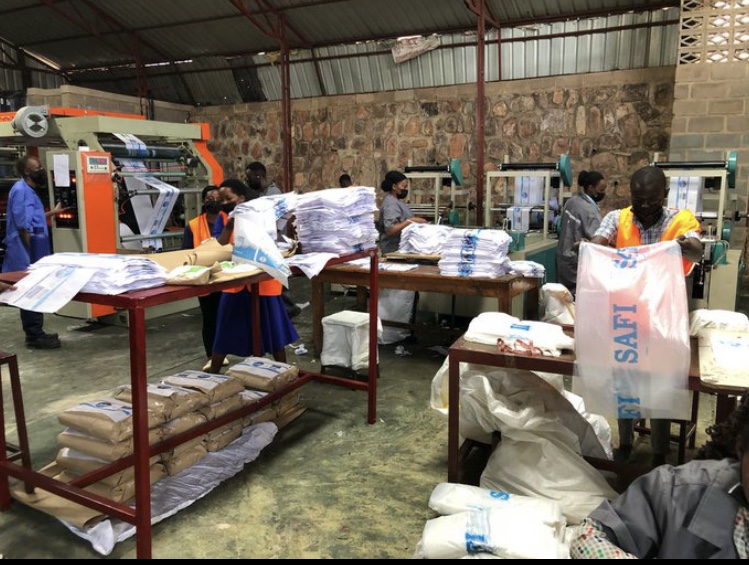
By Rosine NTAWURIKURA
Depot Kalisimbi Ltd., a company based in Rwanda, is taking bold steps to fight plastic pollution by turning plastic waste into useful building materials. During a recent visit organized by the Rwanda Environment Management Authority (REMA), environmental journalists saw how the company is testing a new method that mixes crushed plastic waste with sand and other materials. This mixture is then melted and used to make strong construction materials.
Pascal GATETE, the director of Depot Kalisimbi Ltd., a company that manages hazardous waste, recycles plastic into other usable products, and operates the Nduba landfill, says that since they began waste management activities, the results have been significant both for the local community and the national economy.
He said, “In the past, the Nduba landfill caused bad smells and attracted flies, which disturbed nearby residents. But today, that problem has been resolved. We sort waste and transform it into different products such as compost, packaging materials, and plastics, which we recycle into items like pavement blocks and bricks for construction.”
The government has invested heavily in waste management, and now even foreign visitors come to learn from Rwanda’s good practices.
He added, “Today, we work with partners who help us collect waste that reaches Nduba, in collaboration with the government. It is no longer difficult for us to access the waste we need for processing; we can receive more than a ton of waste per month.”
This idea is still in the trial stage, but if it works well, it could help reduce plastic waste while providing affordable housing materials for Rwandans.

Rwanda has been leading in the fight against plastic pollution since 2003. In 2008, it became one of the first countries in the world to ban plastic bags and single-use plastics. Since then, several recycling companies have joined the effort.
For example, SIBO Engineering recycles about 750 kilograms of plastic every month, turning them into tiles and flower pots. Another company, Soft Packaging, recycles plastic bags and turns them into new packaging products. Some bags are even made from plant-based materials and can decompose safely in the soil.
UWERA Martine, the program manager of environmental mainstreaming and biodiversity at REMA, says that although plastic recycling industries exist in Rwanda, their capacity still needs to be strengthened to reach the desired level.
She said, “Plastic recycling industries in Rwanda are working according to their current capacity, but that capacity needs to be increased. Another area that needs more effort is the collection system for plastic waste, because even today, we still see plastics scattered across different parts of the country.”
Rwanda’s fight against plastic began in 2003 with the ban on plastic bags. In 2008, a national awareness campaign was launched, followed by the introduction of a law banning plastic bags. In 2019, the law was revised to ban single-use plastics. To this day, the fight against plastic pollution continues.
Related Articles
Strengthening Rwanda’s SMEs for Circular Food Systems: Embedding Circularity Beyond Project Implementation for Long-Term Transformation
As Rwanda advances its circular economy ambitions, small and medium-sized enterprises (SMEs)...
Powering Food, Restoring Land: How Renewable Energy and Regenerative Agriculture Are Transforming Rwanda’s Farms
Across Rwanda’s rolling hills, a quiet revolution is underway. It begins in...
Late February Weather Alert: Heavy and Above-Average Rainfall Forecast Across Rwanda
The Ministry in charge of Disaster Management (MINEMA) has issued a weather...
GBOX Launches AI Literacy Initiative to Support Rwanda’s Digital and Sustainable Development
A new Artificial Intelligence (AI) literacy program has been introduced last week...






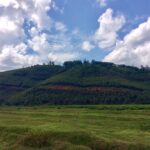
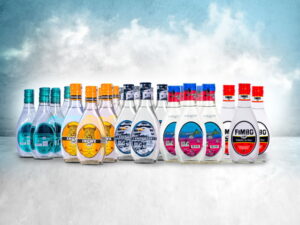
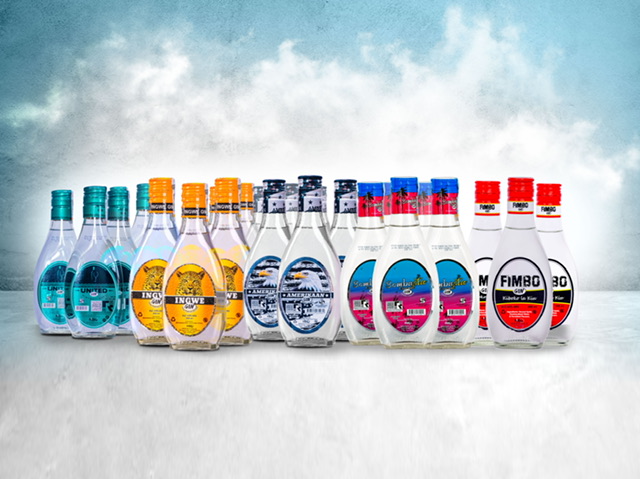
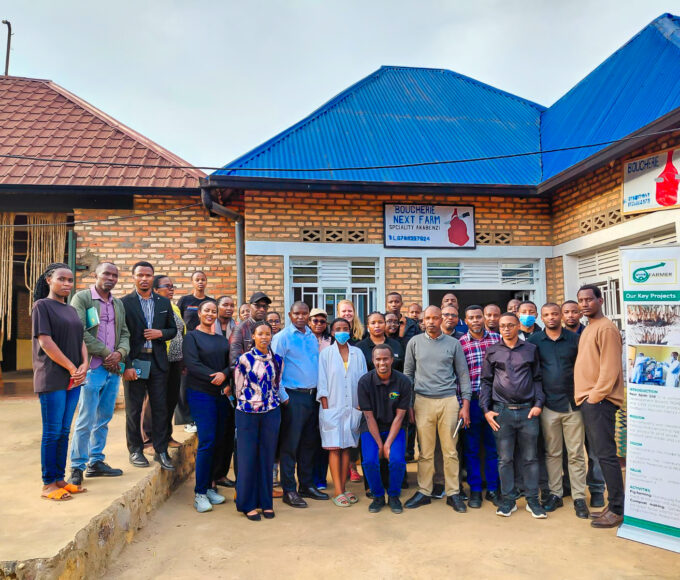


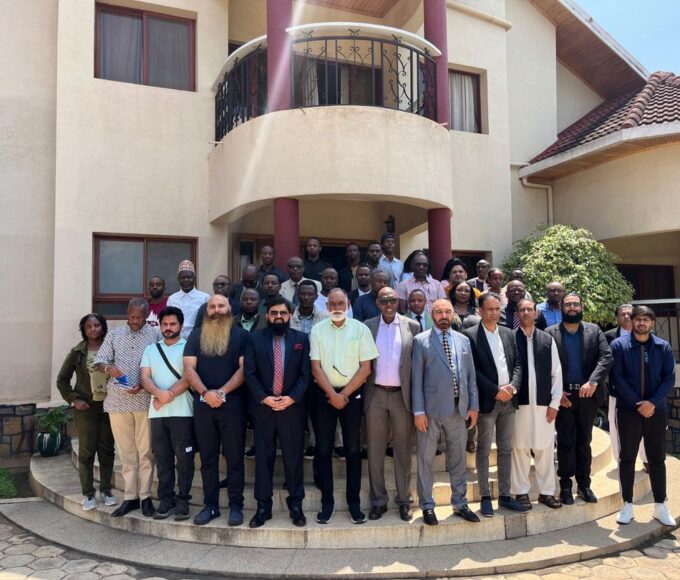
Leave a comment